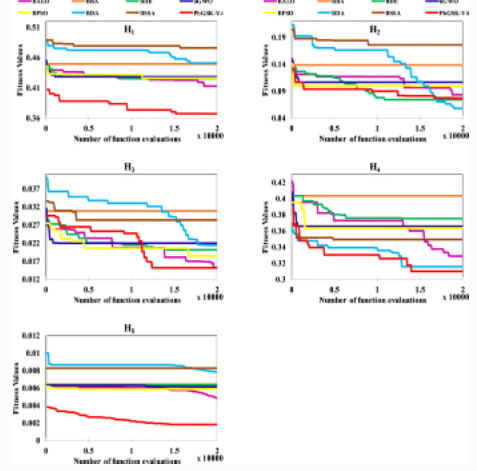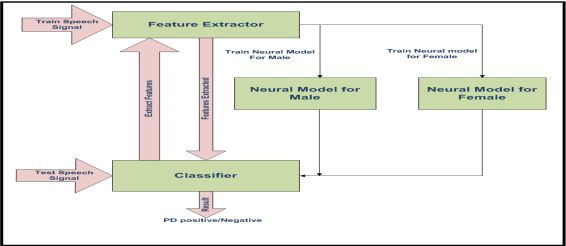Efficient spectrum access strategies for cognitive networks with general idle time statistics
In this paper we study the problem of secondary user channel access in cognitive radio networks. In particular, we address the problem of deciding the secondary user sensing vs. transmission at any point of time, assuming the availability of the primary user idle time statistics. Towards this objective, we make the following contributions. First, unlike prior work, we assume unconstrained general idle time distribution for the primary user under secondary user imperfect sensing and imperfect collision detection. Second, we propose a novel approach grounded in reliability theory to analyze the time based activity of the primary user. Finally, motivated by the sheer complexity of the problem, we propose three heuristic schemes for deciding the secondary user sensing/transmission actions at any point of time. We conduct computer simulations to evaluate the performance of the proposed schemes and compare them to the traditional per-packet sensing/transmission scheme and to each other. Our numerical results reveal that, for an experimentally verified idle time distribution in heterogeneous network activity, at least one of our proposed schemes can achieve 27% throughput increase and down to 3.85%, under different QoS requirements for the PU. Also we show through simulations that our heuristic schemes are very close to optimal, when the optimal scheme can be applied. © 2015 IEEE.


